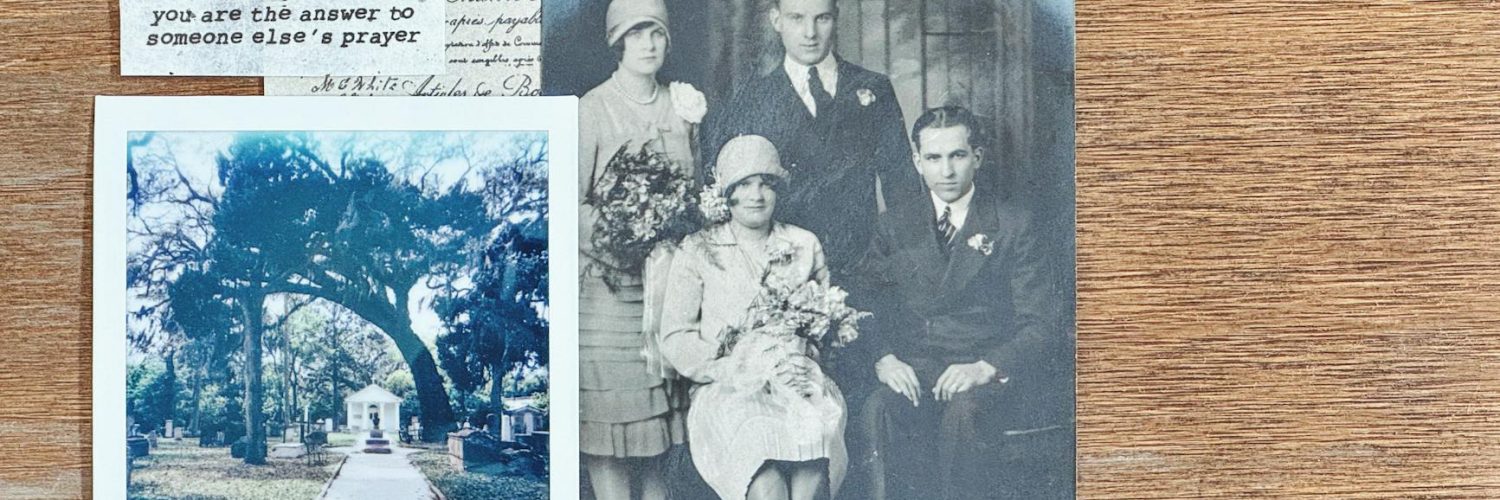La historia, como suele decirse, la escriben los vencedores. Pero incluso los vencedores dejan a veces atrás pequeños detalles curiosos, las puntadas sueltas en el gran tapiz del tiempo. Los libros de texto, benditos sean, a menudo se centran en el panorama general, en los relatos generales, dejando de lado las cosas extravagantes, sorprendentes y francamente extrañas que hacen que la historia sea mucho más interesante. Así que vamos a adentrarnos en algunos de los rincones ocultos de la historia, esas historias y acontecimientos inesperados que suelen quedar relegados a un segundo plano.
El día en que el Papa casi se convierte en pirata
Todos conocemos las diversas luchas históricas por el poder, pero ¿ha oído la historia del Papa Inocencio VIII y sus escapadas casi piráticas? A finales del siglo XV, el Papa se encontró en un aprieto. Necesitaba dinero, y rápido. Así que ideó un plan poco ortodoxo: decidió financiar sus arcas con comisiones de corsarios. El corsarismo era básicamente piratería autorizada por el Estado, una forma práctica para que los países aumentaran su riqueza sin declarar técnicamente la guerra. Inocencio VIII concedió indulgencias papales a los corsarios, ofreciéndoles la absolución espiritual a cambio de una parte de su botín. Aunque no fue exactamente él quien cogió un alfanje y abordó un barco, su implicación en esta área éticamente gris es un detalle fascinante, a menudo ignorado, de la historia del papado. Esto no es lo que normalmente nos viene a la mente cuando hablamos de la dinámica del poder en el Renacimiento, ¿verdad? ¿Cómo cambió la historia el alunizaje?
La invención accidental de la patata frita
Pasemos a algo un poco más sabroso (y considerablemente menos violento). Probablemente conozca la historia de las patatas fritas, pero no necesariamente todos sus deliciosos detalles. Cuenta la leyenda que en 1853, un cocinero llamado George Crum, exasperado por un cliente especialmente quisquilloso que le devolvía las patatas fritas por ser demasiado gruesas, las cortó en rodajas increíblemente finas, las frió hasta que quedaron crujientes, las sazonó fuertemente con sal y... ¡voilá! - nació la patata frita. No fue un acto deliberado de genialidad, sino un acto de rebelión culinaria contra un comensal exigente. Un legado que merece la pena saborear.
La gran inundación de melaza: Una situación delicada
En 1919, Boston sufrió una catástrofe tan extraña como devastadora: La Gran Inundación de Melaza. Un enorme tanque de melaza, que contenía 2,3 millones de galones del pegajoso producto, reventó, desatando una ola de jarabe azucarado que barrió las calles a una velocidad estimada de 35 mph. El caos resultante causó 150 heridos y 21 muertos. No se trataba de una guerra, una plaga o un desastre natural, sino de un catastrófico accidente industrial. La magnitud y el carácter insólito de este suceso dibujan el panorama de una era industrial que salió mal, un recordatorio de que incluso lo cotidiano puede convertirse inesperadamente en mortal. No es exactamente el tipo de narración que se encuentra en los libros de texto de historia.
El curioso caso de la peste danzante de 1518
Y ahora, algo realmente extraño. En 1518, en la ciudad de Estrasburgo, una mujer empezó a bailar descontroladamente en la calle. Pronto se le unieron otras personas y, en poco tiempo, cientos de personas se enzarzaron en un maratón de baile ininterrumpido que duró meses. La peste danzante de 1518, como se la conoce, provocó agotamiento, infartos e incluso la muerte. La causa sigue siendo un completo misterio, con teorías que van desde la enfermedad psicógena masiva al envenenamiento por cornezuelo, un hongo que puede provocar alucinaciones y convulsiones. Es un escalofriante recordatorio de la facilidad con que el comportamiento humano puede verse influido por fuerzas invisibles, creando un memorable -y aterrador- acontecimiento histórico.
La mujer que salvó el mundo (tal vez): La historia de Grete Worst
Durante la Segunda Guerra Mundial se produjeron muchos actos de desafío y valentía, pero hay una historia que a menudo no se cuenta: la de Grete Worst. Secretaria alemana que trabajaba en una oficina de la Abwehr (inteligencia militar alemana), Worst supuestamente descubrió un plan para asesinar a Winston Churchill. Utilizando sus contactos, filtró la información a los Aliados, lo que pudo evitar una catástrofe de grandes proporciones. Su identidad y sus acciones permanecen en gran parte en secreto, lo que convierte su historia en un intrigante misterio dentro de un contexto histórico más amplio. Aunque sus contribuciones siguen sin confirmarse, la posibilidad de que una sola persona salvara en secreto a miles de personas en medio del caos es un relato convincente que merece más atención.
El día en que el mundo estuvo a punto de acabar (dos veces): La crisis de los misiles en Cuba
La Crisis de los Misiles de Cuba está firmemente arraigada en nuestra memoria histórica colectiva. Los trece días de intensa tensión entre Estados Unidos y la Unión Soviética se cuentan a menudo. Pero lo que los libros de texto a veces pasan por alto son las decisiones increíblemente cercanas y la pura suerte que evitaron un holocausto nuclear. Hubo múltiples casos en los que errores de cálculo o de comunicación podrían haber desencadenado una catastrófica cadena de acontecimientos. Un ejemplo notable fue el derribo de un avión espía estadounidense sobre Cuba. El descubrimiento casi simultáneo de misiles nucleares soviéticos cerca de Estados Unidos contribuyó en gran medida a aumentar la tensión. Aunque recordamos el acontecimiento en su conjunto, a menudo pasamos por alto los incidentes que estuvieron a punto de ocurrir, lo que pone de relieve lo precaria que era realmente la situación.
La Historia es algo más que fechas y nombres; es una colección de innumerables historias humanas, trascendentales y mundanas, llenas de giros inesperados. Al explorar estas "bolsas ocultas", podemos comprender mejor y con más matices el pasado, y tal vez apreciar un poco más el presente.

























Añadir un comentario